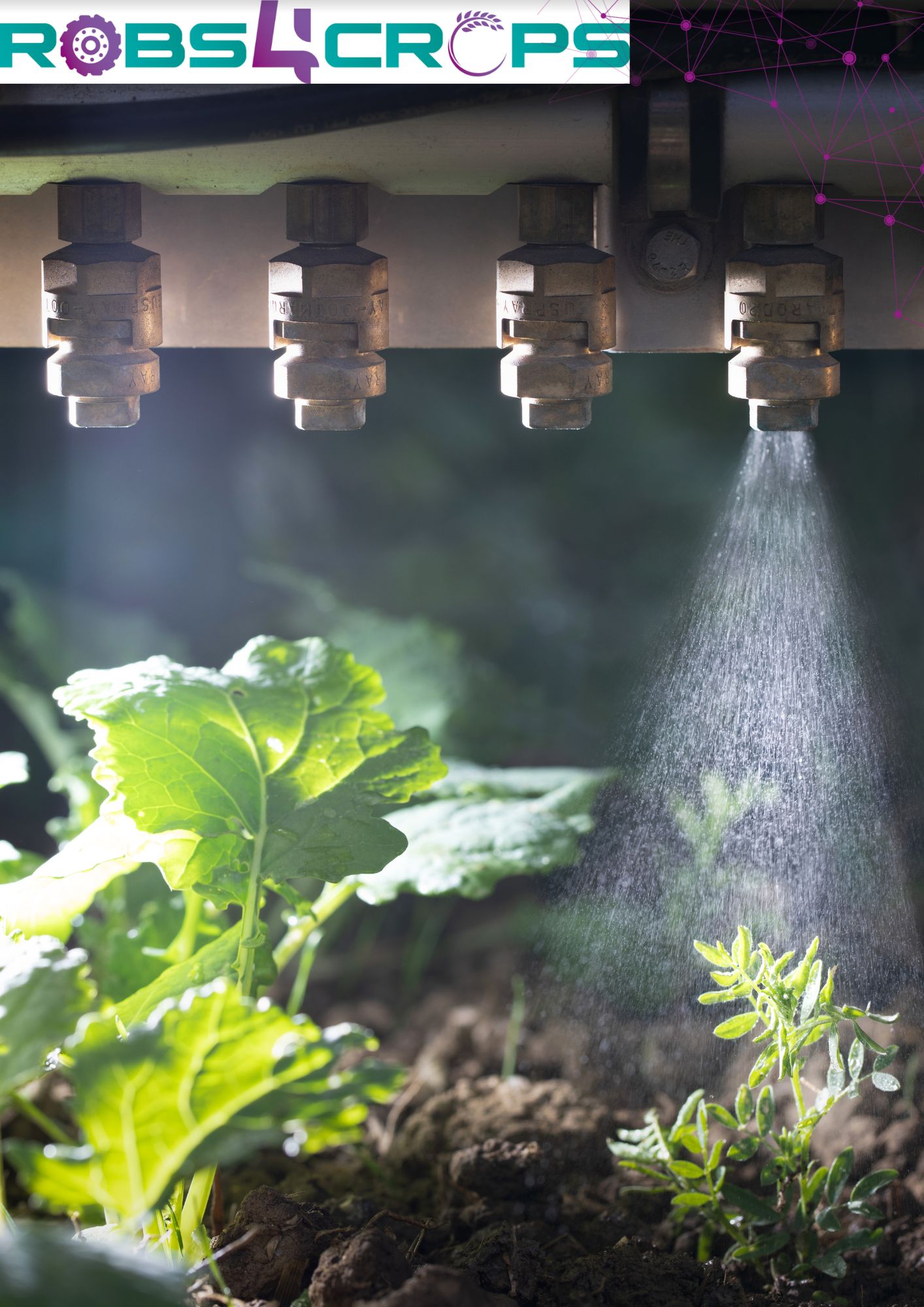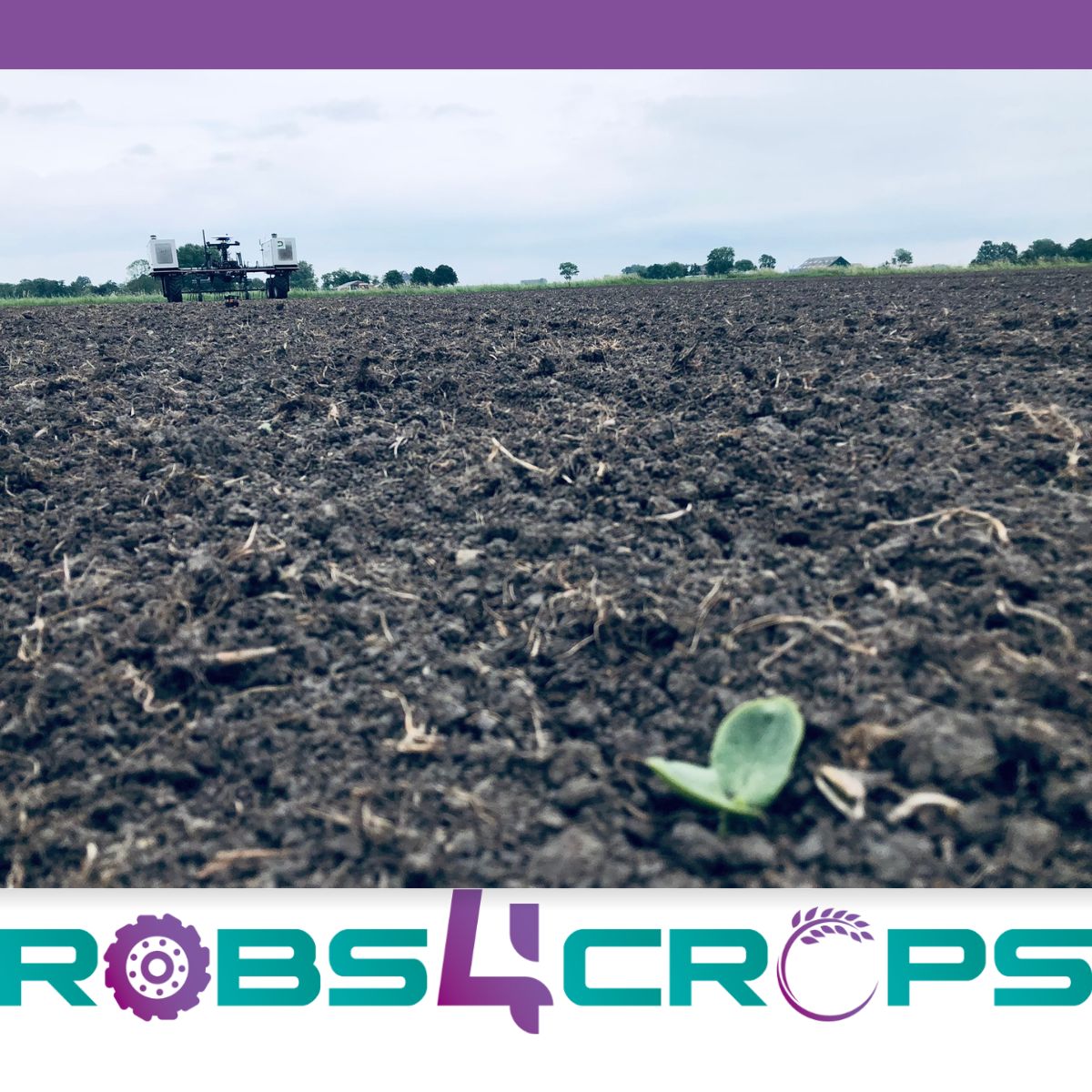Mechanical weeding has the potential to revolutionize the way that weeds are controlled in vegetable crops. It will provide an alternative to chemical herbicides that is both sustainable and effective. If successful, this technology could help to reduce the environmental impact of agriculture, improve food security, and increase the profitability of small and medium-sized farms.
In terms of labour, it can potentially reduce the amount of labour required for weed control in vegetable crops. This is because mechanical weeding methods can be faster and more efficient than conventional methods.

Innovative Approach to Weed Control Combines Mechanical Weeding and Targeted Herbicide Application
By using a combination of mechanical weeding techniques and targeted herbicide application with spot sprayers, we can significantly reduce the need for conventional herbicide application in vegetable crops. This approach has the potential to be more efficient and effective at controlling weeds. At the same time, it will also reduce the environmental impact of agriculture. By demonstrating the capabilities of technology in weed control, we can show society the potential for sustainable and efficient farming practices. Our results will provide insights into the current capabilities and areas for improvement in using this technology.
By improving the accuracy and reliability of mechanical weeding solutions, it will be possible to allow robots to handle this task independently. Currently, it is challenging to leave robots to perform mechanical weeding unsupervised due to the variable conditions in fields, which can lead to mistakes. Robs4Crops goal is to address these challenges and develop solutions that will enable robots to handle mechanical weeding on their own, increasing efficiency and reducing the need for human labour.

Collaboration Between Practitioners and Researchers Aims to Advance Sustainable Farming Practices
By combining practical experience and research, we can ensure that the work Robs4Crops does has a tangible impact on the future of farming. Hence, the Robs4Crops team in the Netherlands is motivated to do what is right and to provide feedback to researchers so that they can develop new solutions that will benefit farmers.
Overall, the results of this large-scale pilot project will be of great interest to farmers, researchers, and policymakers, as they will provide valuable insights into the potential of mechanical weeding as a sustainable and effective alternative to chemical herbicides. By demonstrating the feasibility and effectiveness of mechanical weeding in vegetables such as pumpkins and sugar beets, this project could help encourage more widespread adoption of this technology, which could ultimately lead to a reduction in the labor required for weed control in these crops.
